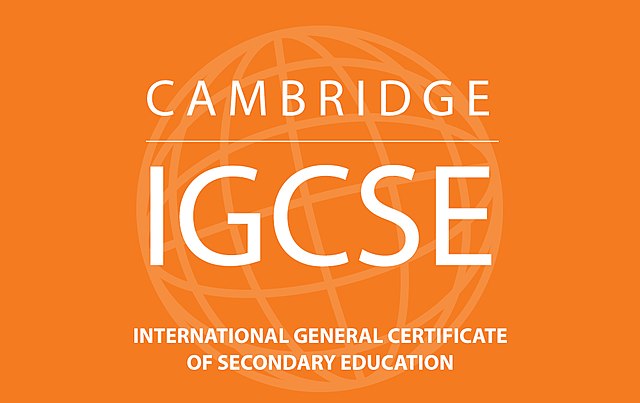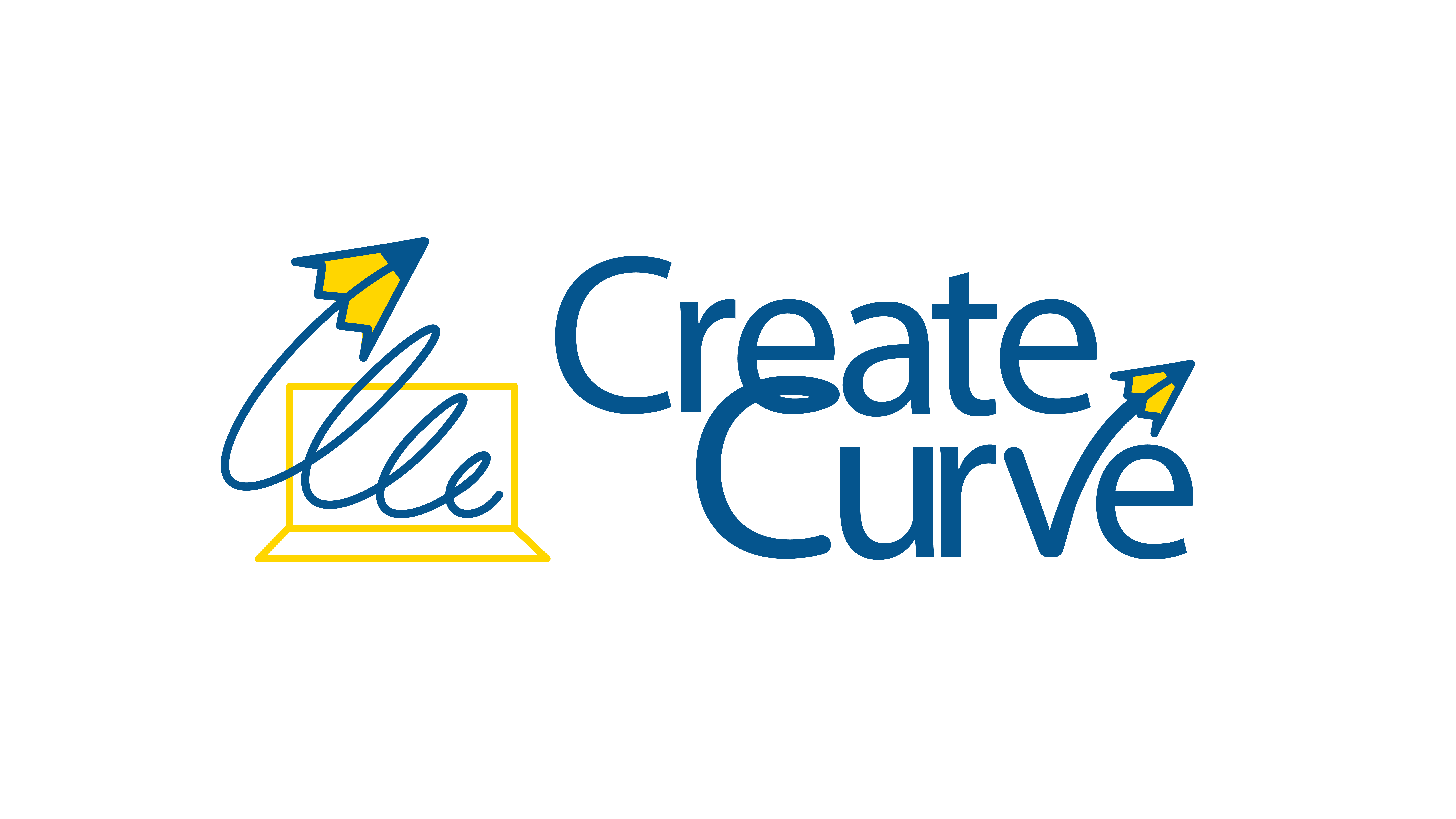Understanding IGCSE (International General Certificate of Secondary Education)
IGCSE Basics:
- Globally recognized curriculum for Grades 9 and 10.
- Offers a balanced approach to core and elective subjects, helping students develop analytical thinking and problem-solving skills.


Subject Groups
CBSE Subject Groups:
CBSE students have the flexibility to choose from various subject groups such as:
- Group 1: Languages (English, French, etc.)
- Group 2: Humanities and Social Sciences (Economics, History)
- Group 3: Sciences (Physics, Chemistry, Biology)
- Group 4: Mathematics (Core and Extended)
- Group 5: Creative, Technical, and Vocational

Timelines
IGCSE Test Timelines:
- Exams conducted twice a year: May/June and October/November
- Results announced in August and January respectively

Preparation
IGCSE Preparation:
- Concept-based learning with a focus on practical application
- Regular practice through mock tests and assessments

Misconceptions
IGCSE Misconceptions:
- Misconception: IGCSE is only for students planning to study abroad
- Fact: IGCSE is recognized by Indian and international universities alike
- Misconception: IGCSE is harder than CBSE or ICSE
- Fact: IGCSE focuses on conceptual understanding rather than rote memorization
Subjects Offered:
Physics, Chemistry, Math, and Biology (PCMB)
Number of Classes per Week
4 (1 class per subject)
Number of Students per Batch
(max 5 students per batch)
Examination Tests
Every Saturday

Key Features
Key Features of Create Curve's IGCSE Program
- Small Group Live Classes: Interactive sessions to promote better engagement
- Session Recordings: Recordings available for missed sessions
- Notes & Worksheets: Comprehensive study materials
- Testing: Regular assessments to track progress
- Personalized Student Profile: Performance tracking tailored for each student
- Parent-Teacher Connect: Transparent communication and progress updates
- One-to-One Personal Mentorship Expert mentorship to clear doubts and provide personalized guidance
- Tailored Scheduling: Flexible class timings to suit student needs
- Continuous Monitoring: Performance reviews and adjustments
- Timely Course Completion: Structured roadmap to ensure syllabus completion


